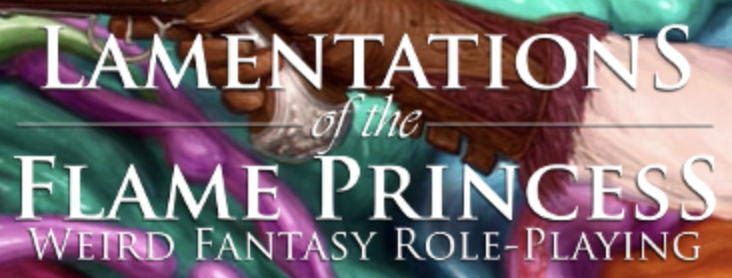ValamirCleaver
Ein Jäger aus Kurpfalz
Here Raggi lays out some levelheaded, well-reasoned opinions & gives multiple historical examples of how similar "morality clauses" have existed in the past. He wonders how a "morality clause" might be used as a bludgeon if publicly held social mores drastically change. Here also gives a specific, real-world example of how the proposed "morality clause" is truly powerless to keep racist, homophobic, etc... RPG material from being published. He then ties it all into how something he published had won an ENnie award then became reviled 3 years later.On the other hand, this is (as you acknowledge) better. Assuming that there is a new OGL, I think the fundamental dividing line is always going to be the harmful/obscene/harassing/illegal content provision. Here's the debate as I see it:
Hasbro: We need this provision. This is about protecting our product and our brand from nitwits like nuTSR and others that might try and use this license and make us look bad. When we make mistakes (Hardozee) we can correct it. But if a 3PP is out there making D&D look bad, we need to be able to do something.
3PP: Yeah, but it's in your discretion. You can terminate it for any reason. And I can't do anything. How can I build a business with that uncertainty?
Hasbro: What? We want a successful community and 3PP. This is just to make sure that we get to decide what is best for the brand. We would work with anyone in good faith. We just don't want to get tied up in court forever because we're trying to get rid of some Stormfront D&D. But if you're working in good faith, of course we'd work with you! You trust us, right?
3PP: .....you've got to be kidding me.
Good post, as usual.

Guest Poster - James Raggi IV - On Potential Inclusivity/Morality Clauses in RPG Licenses (OGL, ORC, etc)
A blog focused on OSR gaming, the Swords & Wizardry RPG and all things Dungeons & Dragons.Tavern Chat is the accompanying Podcast.
Last edited:


